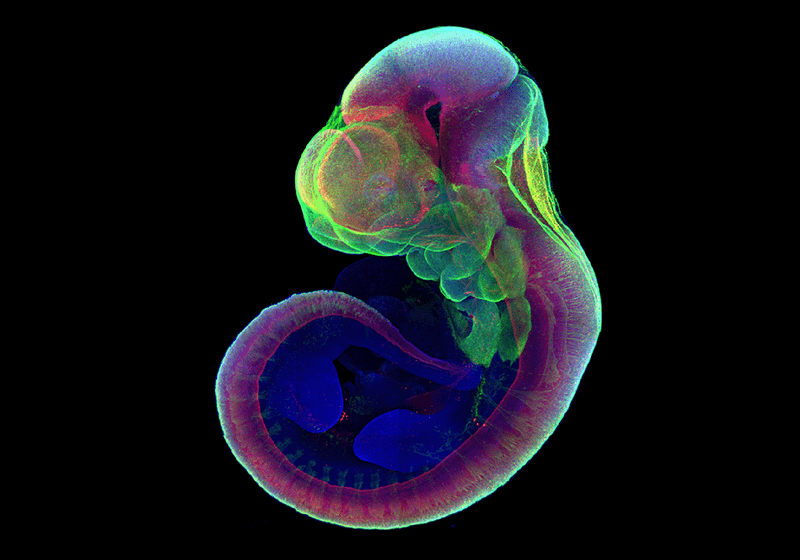According to multiple studies, one in three pregnancies results in miscarriage, and one in 33 babies that are born will have a birth defect, due to the embryo forming incorrectly in the womb. Studying how the embryo develops can help us find ways to bring these numbers down.
Recently, several researchers have found ways to join stem cells together into small 3D balls of cells, which facilitate the creation of tiny embryo-like structures. These are currently rudimentary—the structures can be variable, they are inefficient to create and are unable to develop much further.
Next year, we are likely to see improvements, with more advanced embryo-like structures made from stem cells. And we are also likely to see scientists using these models to investigate specific problems, such as how the embryo implants into the uterus, how organs start to develop or how the embryo ensures that cells are in the right positions.
…
In the meantime, stem-cell embryo-like models might mitigate some of the need to use “real” human embryos at all. They will allow researchers to perform precise studies of embryonic development, seeing how they react when a gene is mutated, for example, or when they are exposed to dangerous chemicals.































